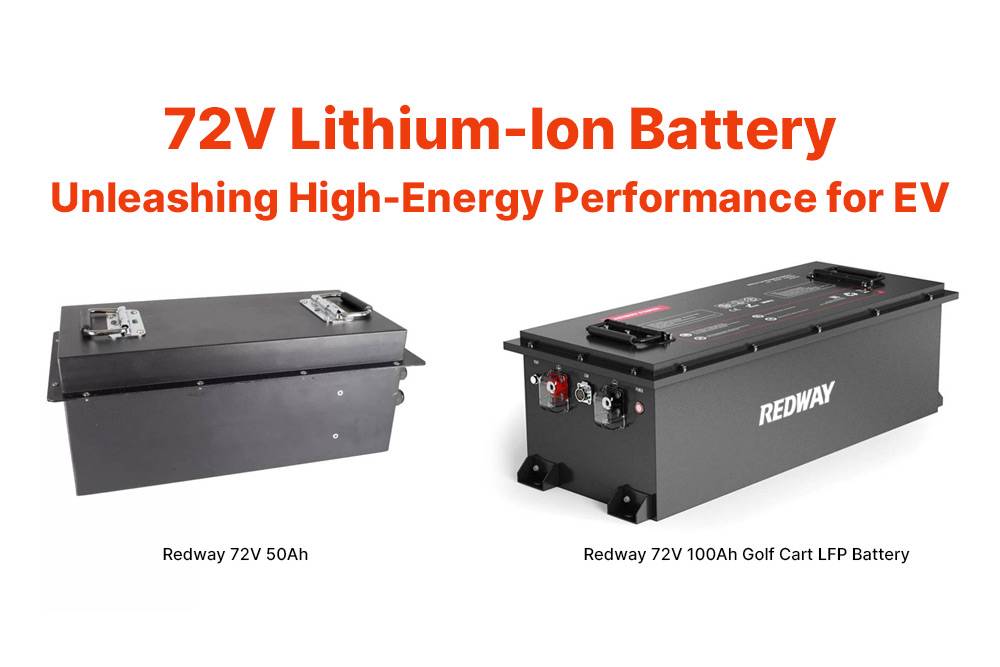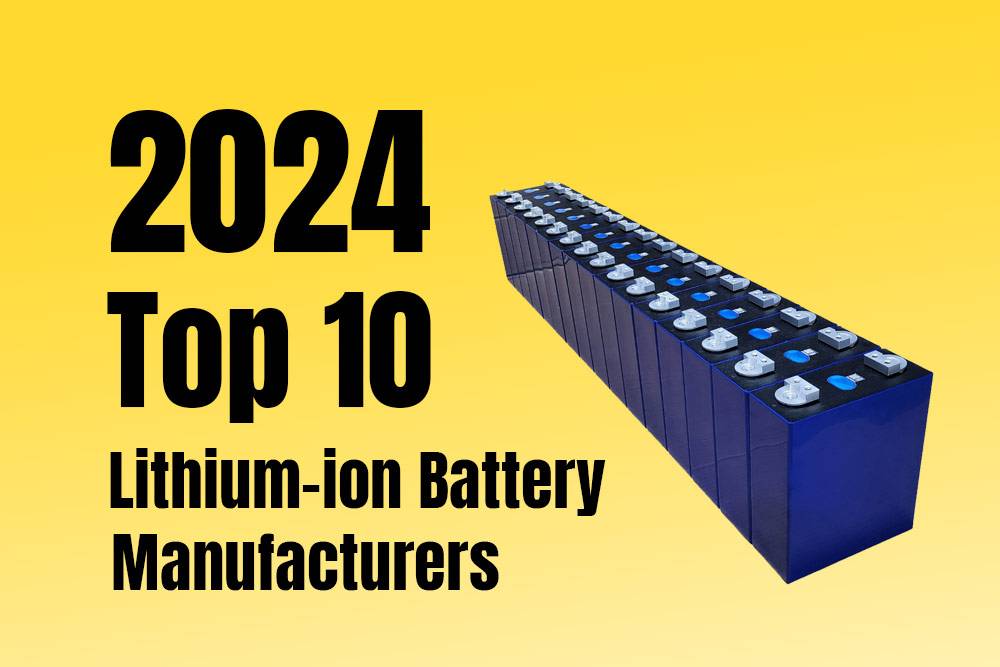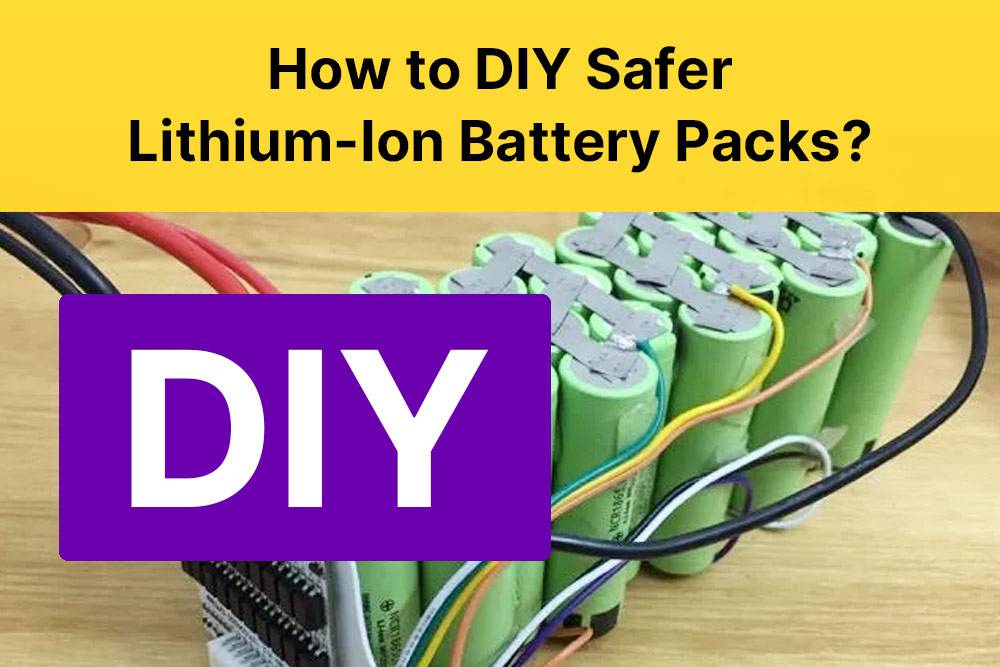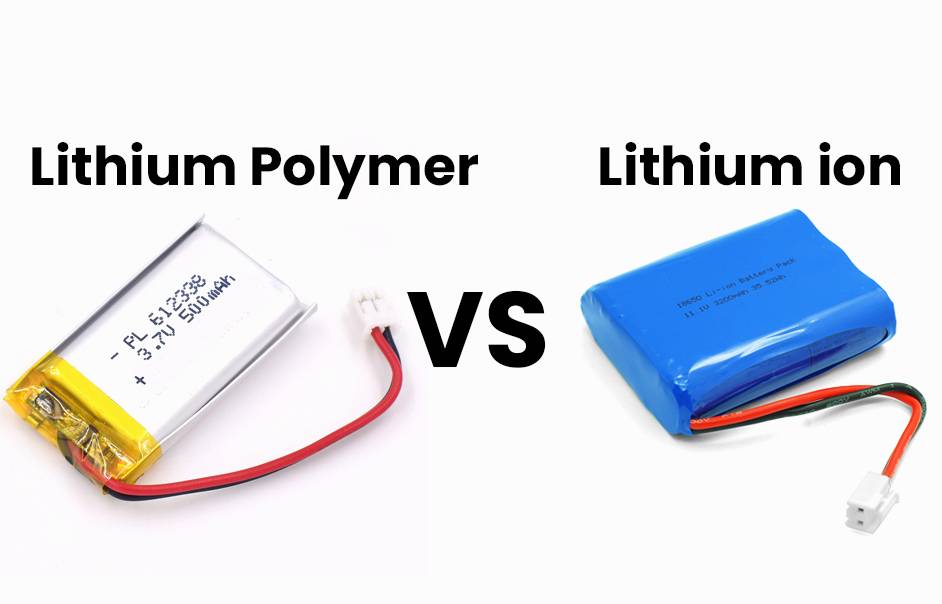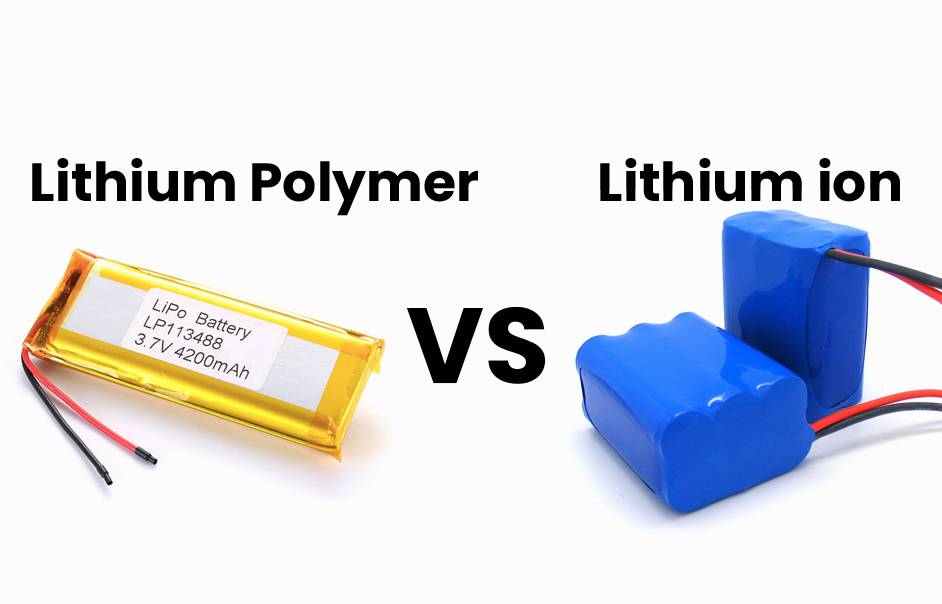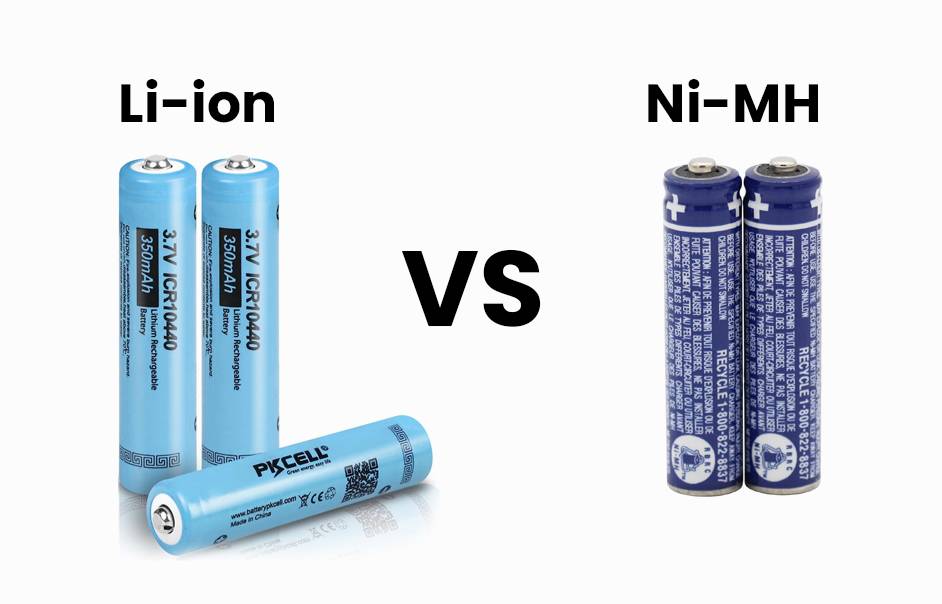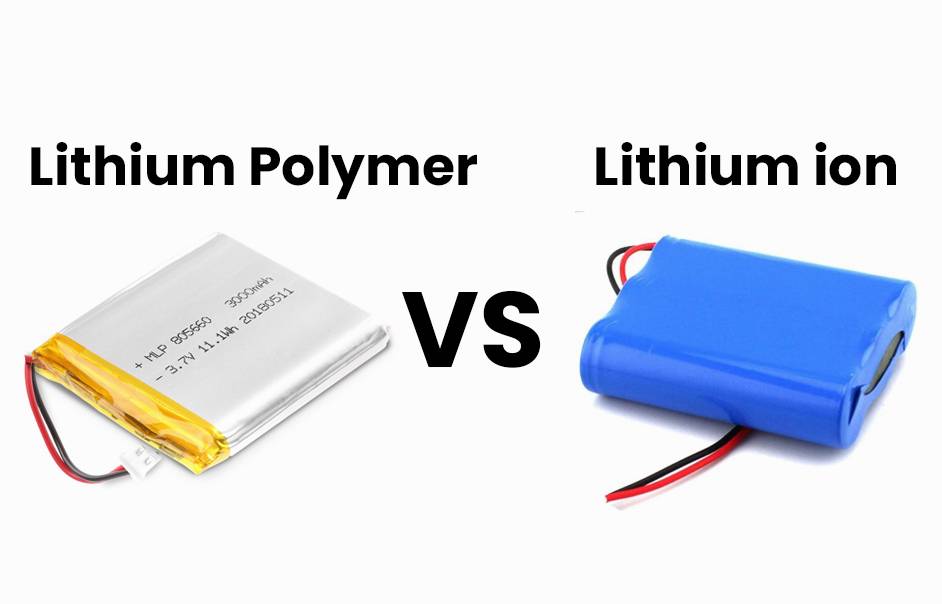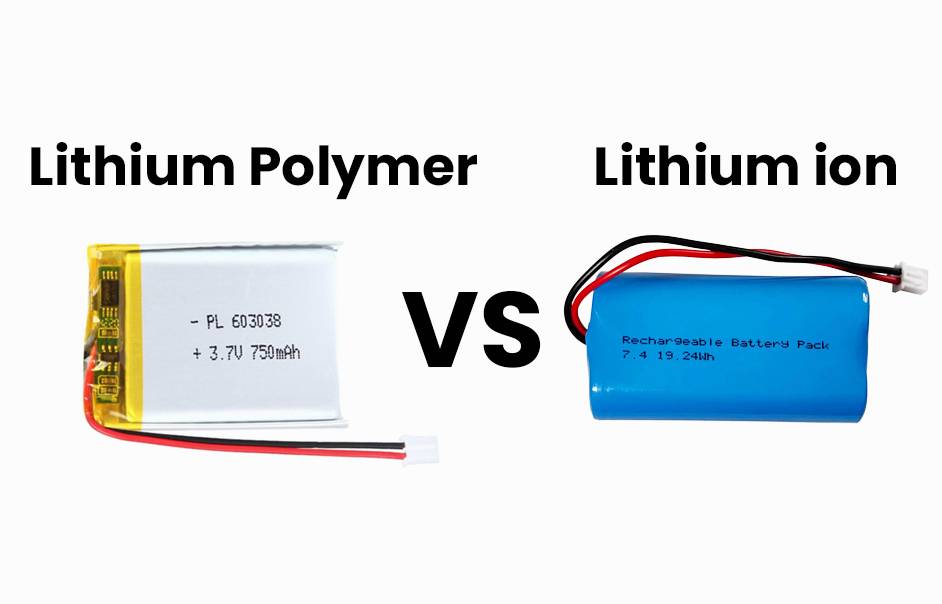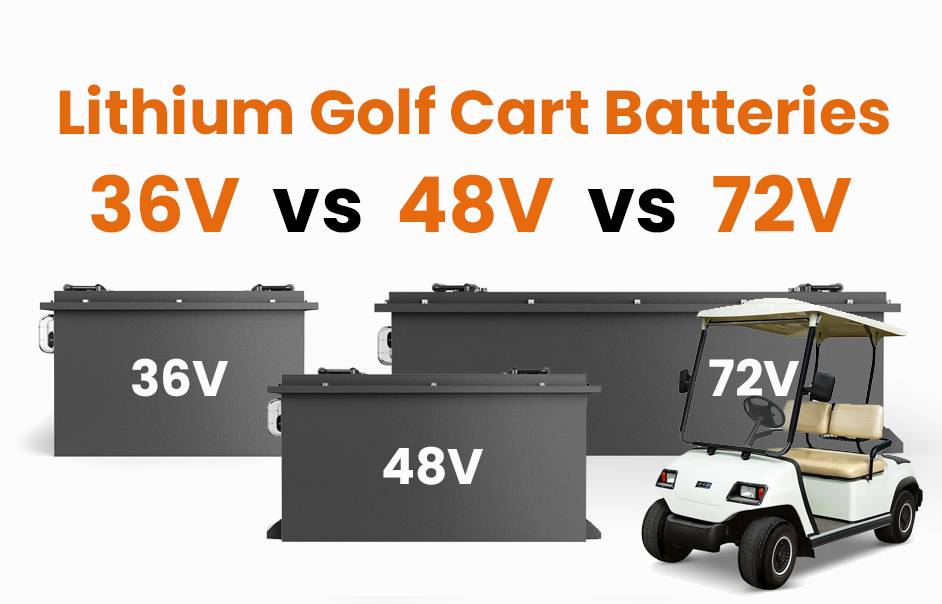Lithium ion batteries have become a powerful component in the modern arsenal of technology, offering significant improvements over their lead-acid and nickel metal hydride counterparts in terms of both energy density and life cycle.
Specifically, the 72V lithium ion battery is at the forefront of this revolution, providing a robust solution for high-demand applications such as electric scooters, e-bikes, and solar energy storage systems.
Its higher voltage equates to more power and efficiency, translating into better performance and longer distances covered on a single charge.
The energy efficiency of a 72V lithium ion battery is markedly superior, which means less energy is lost during charge and discharge cycles, making them an environmentally friendly choice.
They employ advanced technology, often with a built-in battery management system (BMS), to ensure safety and extend the lifespan of the battery pack.
Furthermore, these batteries often showcase a substantial decrease in weight compared to traditional options, contributing to the overall reduction in the weight of the end product, which can be especially beneficial in portable and mobile applications.
Adopting a 72V lithium battery is a considerable investment in quality and durability.
Users can expect a longer life cycle, with some 72V 40Ah lithium batteries boasting up to 6000 life cycles at 100% Depth of Discharge (DoD).
This reliability is paramount for users who depend on consistent energy sources, ensuring that there is minimal downtime and frequent battery replacements are a thing of the past.
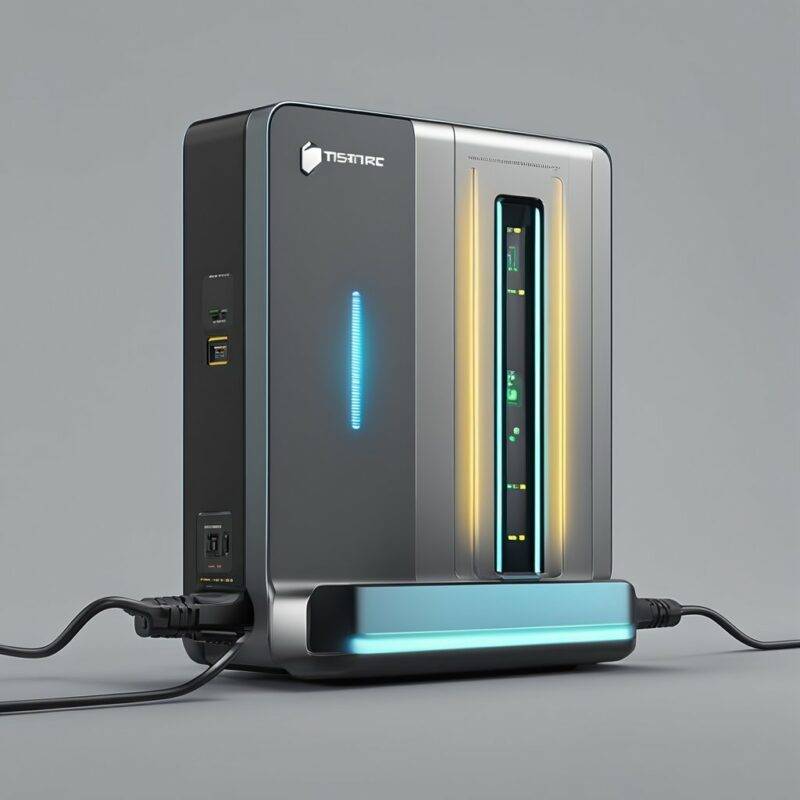
Fundamentals of 72V Lithium-Ion Batteries
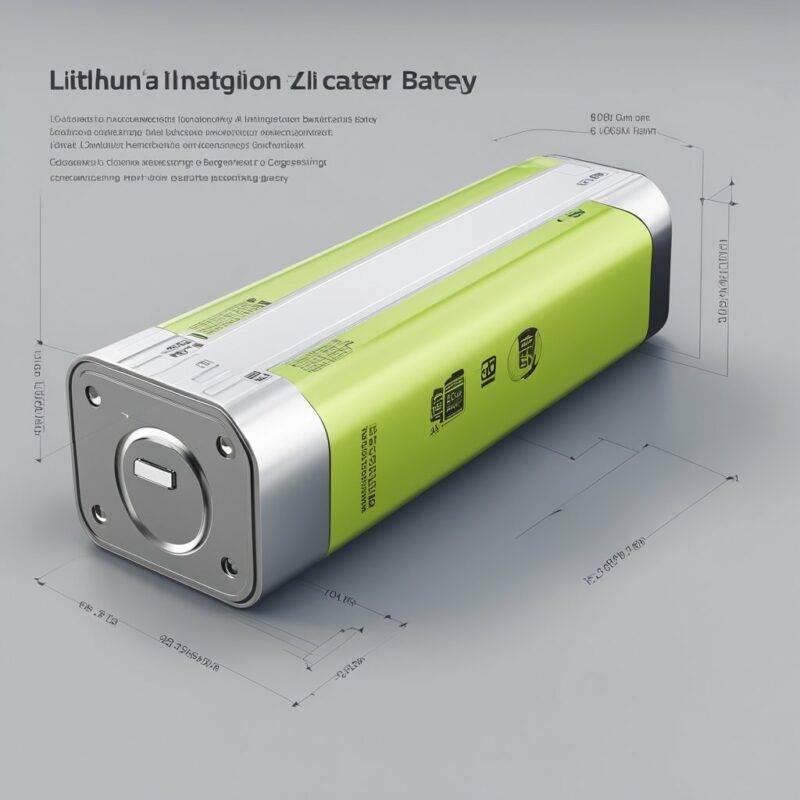
72V lithium-ion batteries are high-voltage power sources known for their superior energy density and efficiency compared to traditional lead-acid counterparts. This section examines their basic chemistry and compares them with lead-acid batteries in terms of composition and performance.
Chemistry and Composition
Lithium-ion batteries consist of multiple cells that store electricity. Each cell contains a positive electrode (cathode), a negative electrode (anode), and an electrolyte that facilitates the flow of lithium ions during charge and discharge cycles.
A 72V lithium-ion battery, typically assembled with 20 cells connected in series, each with a nominal voltage of 3.6 volts, achieves a combined voltage of 72 volts.
Their energy density is significantly higher than lead-acid batteries, allowing for higher Ah capacity within a smaller footprint.
Lithium Battery vs. Lead Acid
When comparing a 72V lithium battery with its lead-acid equivalent, several factors set them apart:
- Energy Efficiency: Lithium-ion batteries have a much more efficient charge and discharge process, resulting in less energy loss.
- Weight: Lithium batteries are much lighter, which translates into better performance for electric vehicles and portable electronics.
- Lifespan: They have a longer lifecycle, enduring more charge cycles before their capacity degrades.
- Maintenance: Lithium-ion batteries require less maintenance and are more resistant to the ‘memory effect.’
- Cost: Initially, lithium-ion batteries are more expensive; however, their longer lifecycle can make them more cost-effective in the long run.
In the context of electric vehicles or high-capacity electronic applications, a 72V lithium-ion battery’s superior Ah capacity and energy density are crucial for extended range and performance.
These batteries remain the preferred choice over lead-acid batteries, especially where weight, efficiency, and space utilization are of paramount importance.
Design and Physical Characteristics
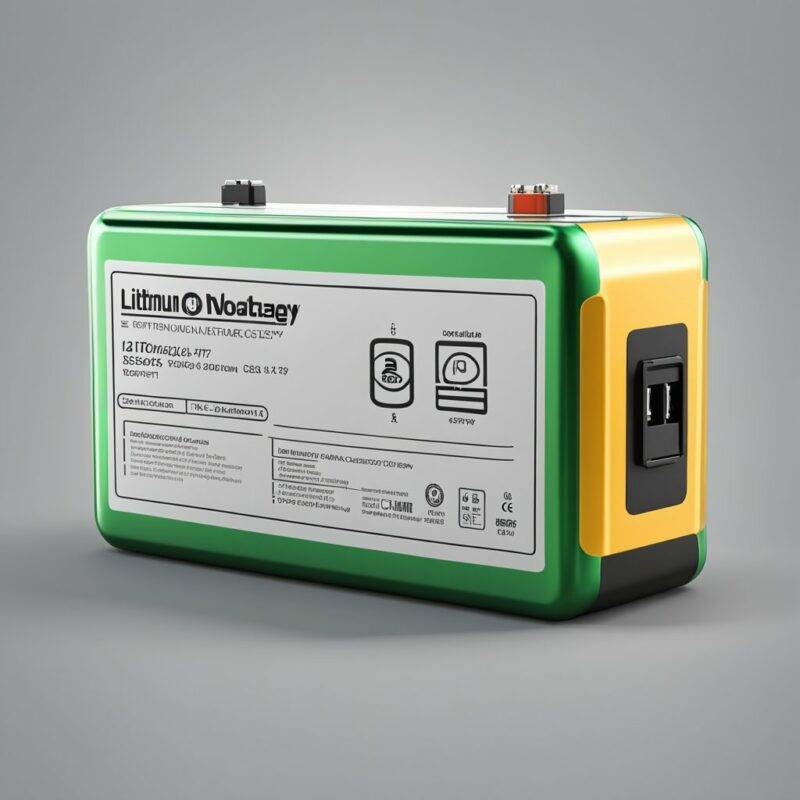
The design of a 72V lithium-ion battery is a pivotal factor that determines its efficiency and compatibility with various electric vehicles and energy systems.
Specific physical characteristics such as size, weight, and capacity are critical for performance and integration into systems.
Battery Size and Weight
The physical dimensions of a 72V lithium-ion battery are often influenced by the space constraints of the device or vehicle it is intended for.
These batteries can vary significantly in depth, width, and height.
However, a typical 72V battery may have measurements that adhere to industry standards for integration into electric motorcycles or scooters.
In terms of weight, lithium-ion batteries are recognized for being lightweight while offering substantial energy storage, with many batteries weighing in the range of 10 to 30 kilograms.
Capacity and Voltage
Lithium-ion batteries, particularly those with a 72V configuration, store and deliver energy effectively, balancing capacity with voltage to match a device’s requirements.
The capacity of these batteries, which may be measured in ampere-hours (Ah), can vary. For instance, capacities can range from 20Ah to 100Ah or more depending on the application.
The voltage of a 72V battery reflects its electric potential, with an operating range often between 3.6V to 3.8V per cell.
When linked in series, cells achieve a higher combined voltage to meet the 72V specification. LiFePO4 chemistry, a common type in this category, contributes to the battery’s long lifespan and reliability.
Performance Metrics
When evaluating the performance of a 72V lithium-ion battery, key metrics such as discharge and charge rates, energy efficiency, and lifespan are crucial to understand its capabilities and limitations.
Discharge and Charge Rates
The discharge rate of a lithium-ion battery is a measure of the current it can deliver at once, often expressed in terms of C-rate.
For example, a high-rate continuous discharge capability is essential for applications requiring bursts of power, such as in electric vehicles.
Conversely, the charge rate determines how quickly a battery can be recharged.
A higher charge voltage and rate indicate a more efficient charge cycle, contributing to less downtime and greater availability for use.
Energy Efficiency and Density
Energy density is a critical factor, which quantifies how much energy a battery stores within a given volume, typically in watt-hours per liter (Wh/L).
This factor directly impacts the usable capacity of the battery, determining how long it can run before needing a recharge.
Lithium-ion batteries generally exhibit high energy density, leading to a compact and lightweight design with commendable performance.
Energy efficiency, reflected in the minimal energy loss during charge and discharge cycles, further ensures optimal usage of power.
Lifespan and Longevity
The lifespan of a 72V lithium-ion battery, often referred to as its longevity, is gauged by the number of complete charge-discharge cycles it can undergo before its capacity falls below a certain percentage of the original, typically 80%.
It’s also influenced by the depth of discharge (DoD), which dictates how much of the battery’s capacity is utilized. Frequent deep discharges can shorten the battery’s lifespan.
A longer lifespan is indicative of less frequent replacement needs and better long-term financial and environmental outcomes.
Applications of 72V Batteries
The versatility of 72V batteries facilitates advancements in various applications, primarily in the realms of transportation and recreation. They serve as a robust power source with a balance of high energy capacity and efficiency.
Electric Vehicles and Scooters
Electric vehicles (EVs) and scooters benefit greatly from 72V batteries, providing a substantial boost in performance and range.
For instance, electric motorcycles upgrade their operational capabilities when equipped with a 72V 40Ah battery, allowing for longer rides without frequent recharging.
E-bikes are also part of this category, where the higher voltage translates to improved acceleration and overall vehicular efficiency.
Marine and Recreational Vehicles
In the sector of marine and recreational vehicles, 72V batteries have made a considerable impact.
Golf carts have seen enhanced performance and reliability with 72V battery systems, which match the high energy demands of traversing courses without sacrificing speed or power.
Similarly, RVs, motorhomes, and yachts leverage 72V batteries to manage their substantial energy needs efficiently, from propulsion to powering on-board appliances.
Boats, especially those used for leisure activities, enjoy the extended range and reduced weight, contributing to better handling and fuel economy.
Battery Management and Safety
Efficient and reliable battery management and safety mechanisms are critical for the optimal performance and longevity of a 72V Lithium-ion battery.
Battery Management Systems (BMS)
The Battery Management System (BMS) is an essential component of a 72V Lithium-ion battery, designed to monitor and regulate the battery’s operations.
It ensures the safety and efficiency of the battery by performing several key functions:
- Cell Balancing: Actively balances the charge across all cells to prevent overcharging and enhance battery life. This cell balancing is integral to their preservation and function.
- Short Circuit Protection: Instantaneously detects and disconnects the battery in the event of a short circuit, shielding it from potential damage.
- Fault Recovery: In case of a fault condition, the BMS facilitates a safe shutdown and recovery process to mitigate risks.
Safety Features
Safety features in a 72V Lithium-ion battery are of paramount importance to prevent accidents and ensure the safe usage of the battery:
- Reverse Polarity Protection: Prevents damage to the battery if the terminals are connected in reverse order, a crucial safeguard detailed in guidance from Massachusetts Institute of Technology.
- To enhance overall safety, batteries are often equipped with thermal protections to prevent overheating and thermal runaway. These issues could otherwise lead to fire risks or damage as mentioned in an article on battery safety challenges.
Compatibility and Integration
When integrating 72V lithium-ion batteries into systems, compatibility is essential. They must align with the system’s voltage requirements and possess appropriate Battery Management Systems (BMS) to ensure efficiency and longevity.
Solar and Off-Grid Systems
72V lithium-ion batteries are frequently employed in solar and off-grid applications due to their high energy density and efficiency.
For solar systems, the right BMS is critical to manage power input from solar panels and output to the load, thus preventing overcharging and over-discharging.
This quality BMS handles various lithium-ion battery chemistries and voltage ranges.
Solar backup power systems greatly benefit from lithium-ion batteries, as they can reliably store energy for extended periods, making them ideal for areas with inconsistent sunlight.
Electronics and Motorhomes
For electronics in motorhomes and travel trailers, 72V lithium-ion batteries offer crucial advantages such as long cycle life and faster charging times.
It is essential that the electronics’ power requirements match the battery’s output to avoid damage and retain efficiency.
Notably, integration with solar inverters can be a game-changer for energy independence on the road, providing a renewable source of energy to power onboard electronics.
For those living the off-grid lifestyle or traveling extensively, the ability to maintain a constant power supply through solar panels directly tied to lithium-ion batteries ensures seamless operation of all electronic necessities.
Technical Specifications
In this section, thorough details are provided on the dimensions and electrical performance characteristics of a 72V Lithium Ion Battery. These precise specifications are critical for ensuring compatibility and optimal functionality when selecting a battery for specific applications.
Dimensions and Fit
The dimensions of a 72V Lithium Ion Battery are essential for determining the fit in a given space, such as an electric vehicle or a storage case. Typical measurements might include:
- Length: 260 mm
- Width: 170 mm
- Height: 210 mm
It is important to verify that these dimensions align with the space available to ensure a proper fit.
Electrical Specifications
Understanding the electrical specifications is key to matching a 72V Lithium Ion Battery to its intended application:
- Voltage: 72 Volts nominal
- Capacity: Often comes in 80 Ah, which provides a sufficient amount of storage for various applications, as indicated by the Chargex® 72V 80AH Lithium Ion Battery.
- Energy: For a 72V battery with a 60 Ah capacity, the energy content would be typically around 4416 Wh.
- Charge Voltage: Maximum charge is often around 83.9V, whereas the floating charge voltage may be approximately 82.5V, according to a specifications document.
- Nominal Voltage: This indicates the default operating voltage of the battery when it’s under normal load. For a 72V system, the nominal voltage is 72 volts.
Consumer Information
When purchasing a 72V lithium-ion battery, consumers should give special attention to warranty coverage and the variety of brands and models available. Understanding these aspects ensures that buyers can make informed decisions and select a battery that best suits their specific needs.
Warranty and Guarates
Most reputable manufacturers provide a warranty for their 72V lithium-ion batteries, which often covers defects in materials and workmanship.
A standard warranty might range from one to three years, but it’s crucial for consumers to read the fine print as terms can vary considerably.
For instance, the Dakota Lithium Batteries come with an impressive 11-year warranty, highlighting the confidence of the manufacturer in their product’s longevity and performance.
Brands and Models
The market hosts a plethora of brands offering 72V lithium-ion batteries, each with distinct features and specifications.
B2C Brands like Chargex® offer modular setups, allowing consumers to tailor their battery system to their specific application.
Redway Power, a B2B lithium-ion batteries manufacturer, has established great relationships with many top brands.
For those needing a high-capacity solution, there are models like the 72V 100Ah lithium-ion battery, ideal for more intensive uses such as electric vehicles or large-scale energy storage.
It’s recommended that consumers research different brands and models to compare their performance, safety features, and cost-effectiveness before making a purchase.
Purchasing and Shipping
When considering the acquisition of a 72V lithium-ion battery, customers have a range of purchasing options and shipping methods to choose from, each with its own benefits and considerations.
Available Options
Purchasing a 72V 80AH Lithium Ion Battery Kit offers a maintenance-free alternative to traditional lead-acid batteries, transitioning can be seamless.
Additionally, 72V 40AH Lithium Batteries are notable for their longevity, providing up to 6000 life cycles, which supports frequent usage over several years.
For those looking to facilitate electric scooters, the Aegis Battery presents a 72V 50Ah option that includes a charger and is suited for high-energy needs.
Shipping Methods
Standard Shipping:
- UPS Ground: Reliable for domestic deliveries within the contiguous United States.
- Duration: Typically takes 1-5 business days.
- Cost: More cost-effective compared to expedited options.
Expedited Shipping:
- Fast Shipping Advantage: Faster delivery, often next-day or two-day options, can be crucial for urgent needs.
- Expedited Air Shipping: Best for time-sensitive requirements, ensuring rapid transit.
- Cost: Higher than standard options due to speed and added convenience.
Frequently Asked Questions
Electric bike enthusiasts often have questions about the specifications and care of their 72V lithium ion batteries. This FAQ section provides clear and informed answers to these common queries.
What is the typical lifespan of a 72V lithium ion battery for electric bikes?
A 72V lithium ion battery typically offers a lifespan of 500 to 1000 charge cycles before its capacity diminishes to 80% of its original state.
How long does it take to fully charge a 72V lithium ion battery?
Fully charging a 72V lithium ion battery usually takes 6 to 8 hours, depending on the charger’s output and the battery’s capacity.
What is the expected range for an electric bike equipped with a 72V 40Ah battery under normal conditions?
Under normal riding conditions, an electric bike with a 72V 40Ah battery can be expected to cover a range of approximately 30 to 60 miles per charge.
Can I use a standard charger for a 72V ebike battery, or do I need a special charger?
A 72V ebike battery requires a charger that is specifically designed for its voltage and chemistry to ensure safe and efficient charging.
What is the advantage of using a 72V 100Ah lithium battery pack over lower capacity options?
Using a 72V 100Ah lithium battery pack provides a longer range and more power, making it suitable for heavier loads and extended rides compared to lower capacity batteries.
How to properly maintain and store a 72V lithium ion battery to maximize its longevity?
To maximize longevity, it’s important to store the 72V lithium ion battery in a cool and dry place. Avoid overcharging, and regularly use the battery to keep it in optimal condition.

